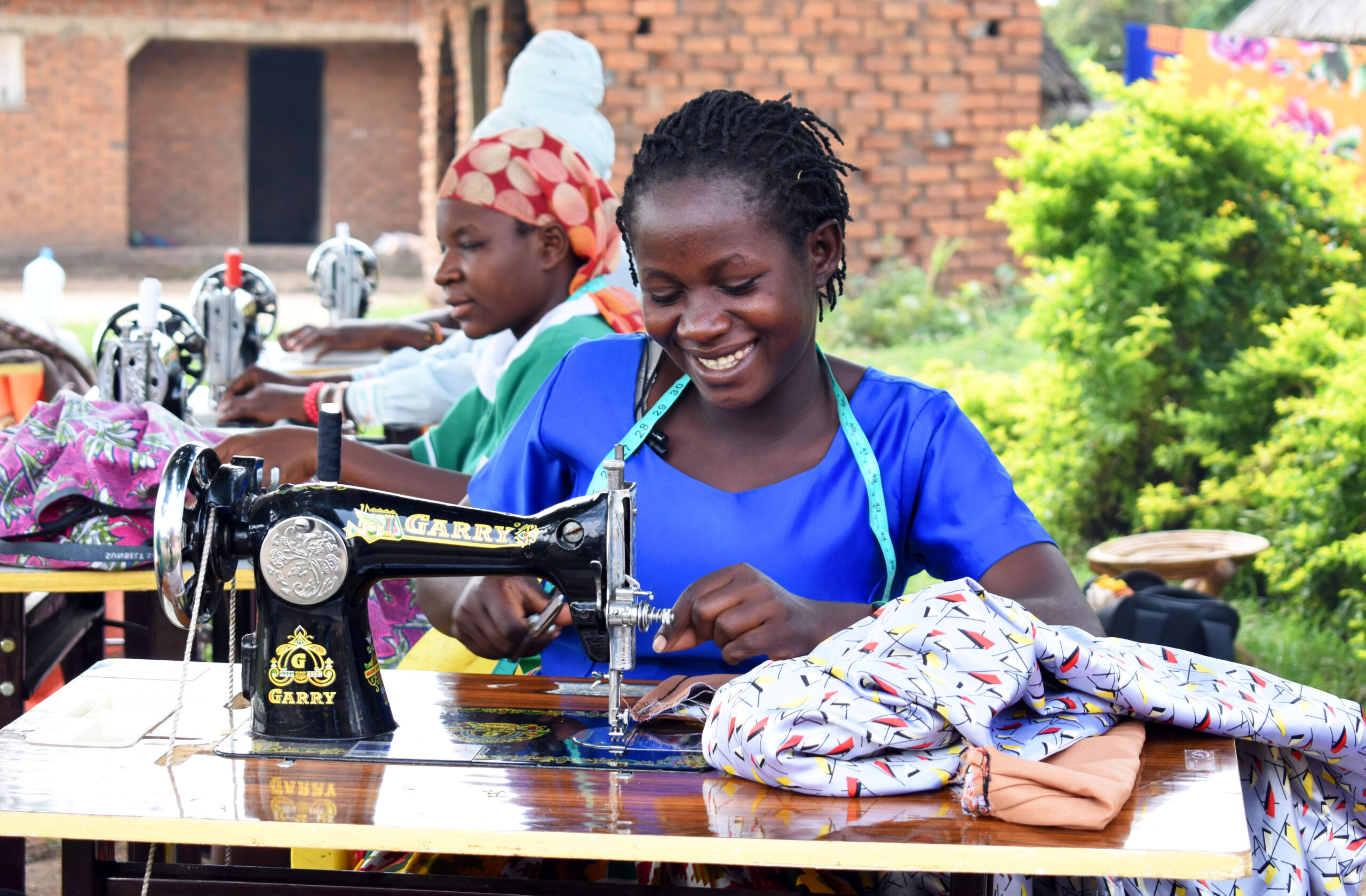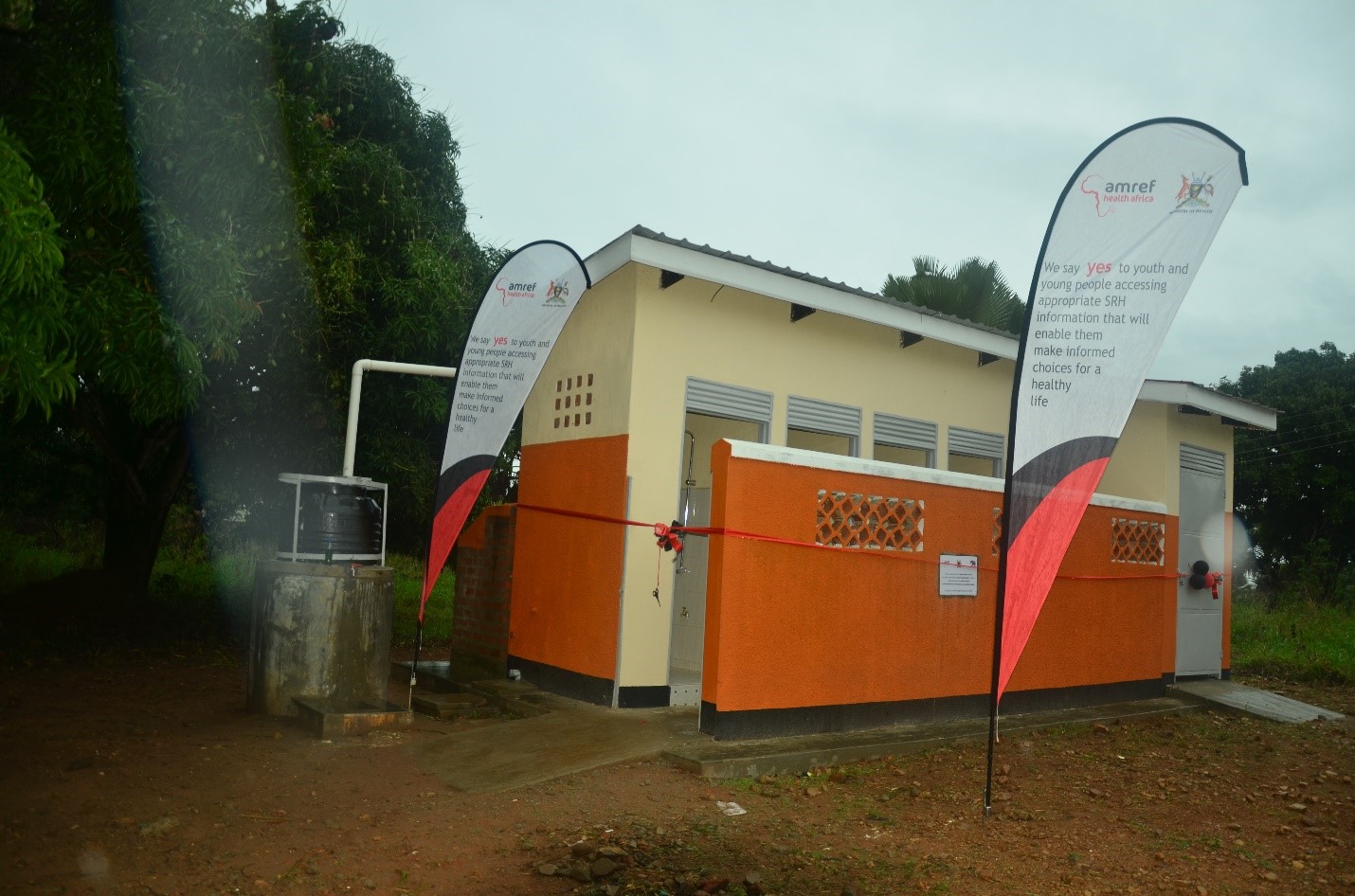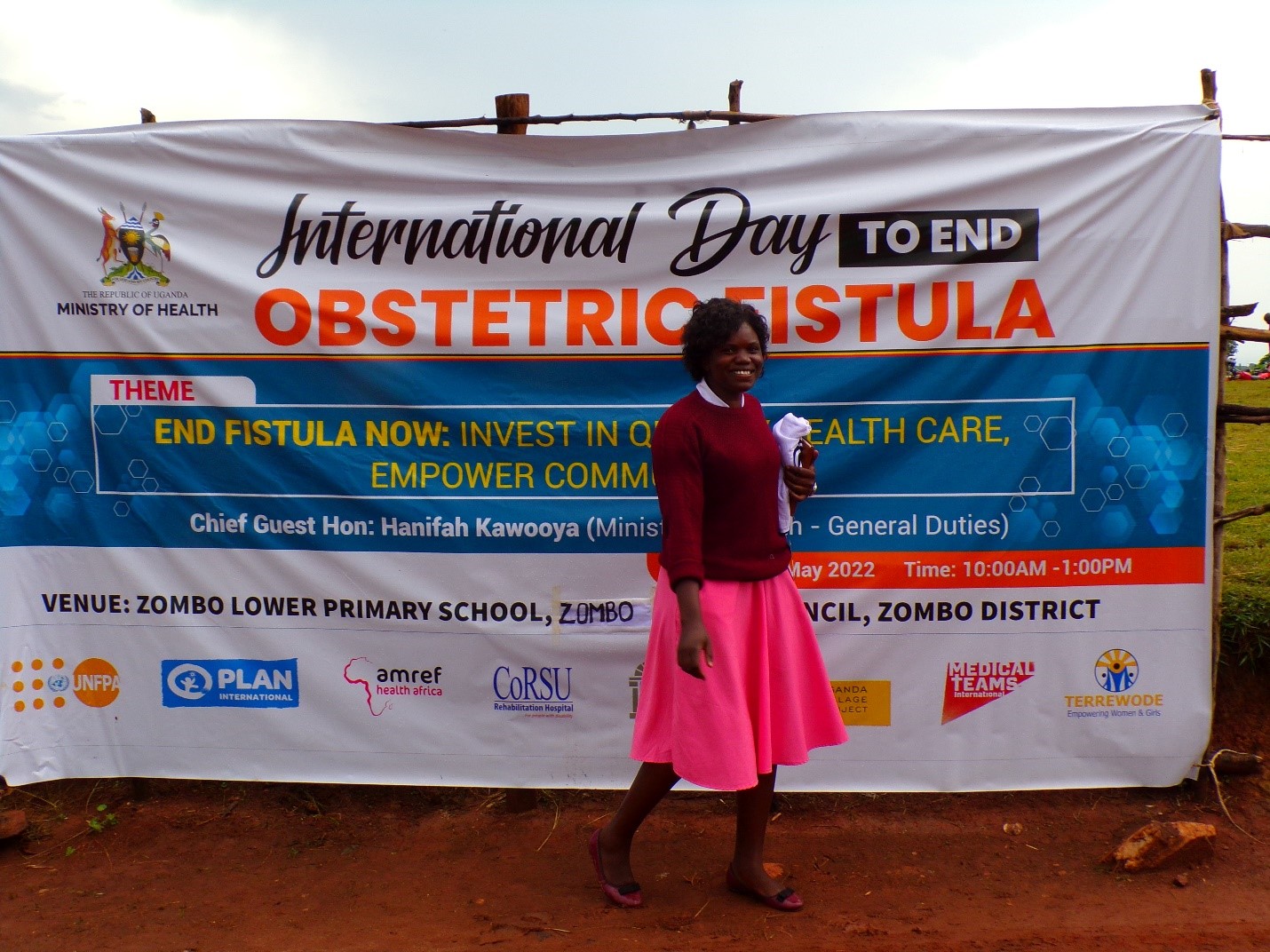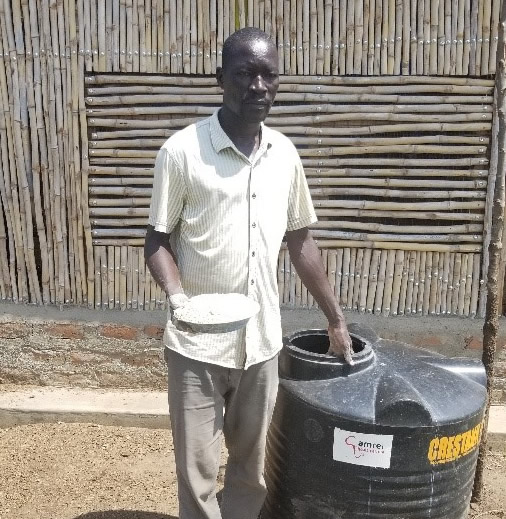Women on the FP frontline: Brenda Kituuma – Amref Health Africa Project Officer for Medical Specialised services and Stop the Spread of COVID-19 at Points of Entry
Thursday, 15 April, 2021

The theme for the International Women’s Day (and month) is “Women in leadership: Achieving an equal future in C19 world”. What does this theme mean to you as a woman and leader?
The COVID -19 crisis has affected each one of us but more so the impact on girls and women’s lives is massive in that many have been victims of unplanned pregnancies, sexual and gender based violence, minimal access to essential health care services during and after lockdown this includes family planning and contraceptives. Loss of incomes i.e. job loss i.e. in the entertainment sector, in schools, some factories that could not meet the cost of doing business in the new normal. We have also seen a raise in some of the negative norms like FGM/C that as nations we had made some strides now seeing all that go down the drain. As leaders or contributors to health we need to re-focus our energies on working towards combating the reality of this crisis that continues to truly devastate and impact the future of millions of girls and women in the world.
We recognize the role you have played in advancing healthcare, more specifically, the Family Planning sector for Uganda; Please tell us, specifically, what your efforts have been over the years. Is a supportive role to our program work which included RMNCH of which FP is part and parcel? In Amref my role is to document, share and raise funds in regards to our programs. To date a I supported to Scale-up of comprehensive HIV/ AIDS prevention services in Uganda (SCHAP) from Jan 4th, 2014 till March 31 2016, Increased partnership for provision of comprehensive HIV services including partnering with linkage for HIV care and treatment, PMTCT, treatment of STIs and management of surgical conditions related with male reproductive systems. Helped the young children through participating in radio talk shows on reproductive health and engaging the students in higher institutions of learning to start up health clubs and I have also greatly participated in reducing the number of HIV and other sexually transmitted infections in Uganda through couple counselling and testing. A total of 254,376 clients were counselled, tested HIV and circumcised against the target of 198,660 from 2014 to 2018.From 2019 to date, I have been supporting Medical service outreach project where we have reached out to1838 womenout of 1600 targeted specialist medical consultations and treatment were provided in the medical specialties. Obstetrics/Gynecology and Fistula repairs
What has been the greatest challenge whilst executing your role in Family Planning for Uganda at large? The lack of information across the spectrum and more so with the young people. You cannot believe that a university student may still be having the same understanding of sex and sexuality as a teenager in Primary or secondary school, The stigma around FP in Uganda epically in the rural communities is unbelievable and the myths and misconception about the different products of FP and the cultural, religious and Educational values that contribute to stigmatization are a major hindrance. Lack of mixed methods for those who have gained the understanding of these products has also created setbacks. Because as we create demand we must match it with supply and variety in this case is key. Client relations between medical teams in regards to FP and contraceptives epically in line with gender equity and youth and young people is very poor. This has greatly affected the usage of these products and services.
What were some of the specific challenges especially during Covid19 period?
Lockdown of the country was a measure that was inevitable to slow the spread, however it derailed access to essential services including RMNCH services, increase in SGBV and GVB especially against women and girls is reported to have increased, Economic distress was very high and women and girls were greatly affected they had to think out of the box to be able to survive which in the enable created avenues for SGBV. I.e. Having to move from you home and pitch camp at your work place i.e. sleeping in markets, factory sites etc. For the teenage girls a lot of engaging in casual sex acts with no information about protection against disease and pregnancy thus we are bound to see an increase in births of babies by teenagers who are UN planned for and UN prepared. This will put a huge strain on an already affected population.
A significant portion of women who would like to space, limit or stop births are still unable to use family planning. In Covid19 period, women still experienced more challenges in accessing FP, even when the services and commodities are available. In your opinion, what can be done to encourage up take and use of family planning services and commodities across Uganda?
- Access to the correct information on FP services
- Access to one stop centers with in the health facilities this will create easy access within a short time during a visit to the health facilities.
- Boosting the Village health system teams who are the first contacts to health services with in the communities by providing them with FP products, information and motivate them to provide these services.
- Advocate for clear guidelines, budgets and capacity building of health workers especially in working with young people.
What role do you see self-care playing in bridging the gap of unmet need for family planning?
- It breaks stigma
- Creates ownership and clear understanding of the methods preferred
- Creates confidentiality thus enabling timely access of services.
What can stakeholders do to support efforts by the ministry to drive uptake and use of family planning across communities?
- Facilitate community participation in Family planning and contraceptive programs.
- Increase and support inter sectoral collaboration to improve the social behavioral towards FP.
- Support government through provision of the most needed counselling services for FP to ensure informed choice and maintain high continuation rates.
- Work through community, religious, educational structures to bust myths and misconception about FP through the different programs undertaken by stakeholder
Amref Health Africa teams up with African communities to create lasting health change.




